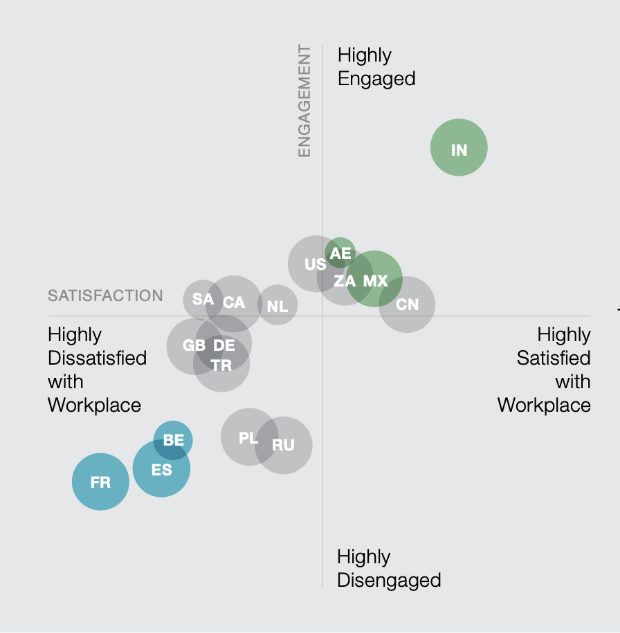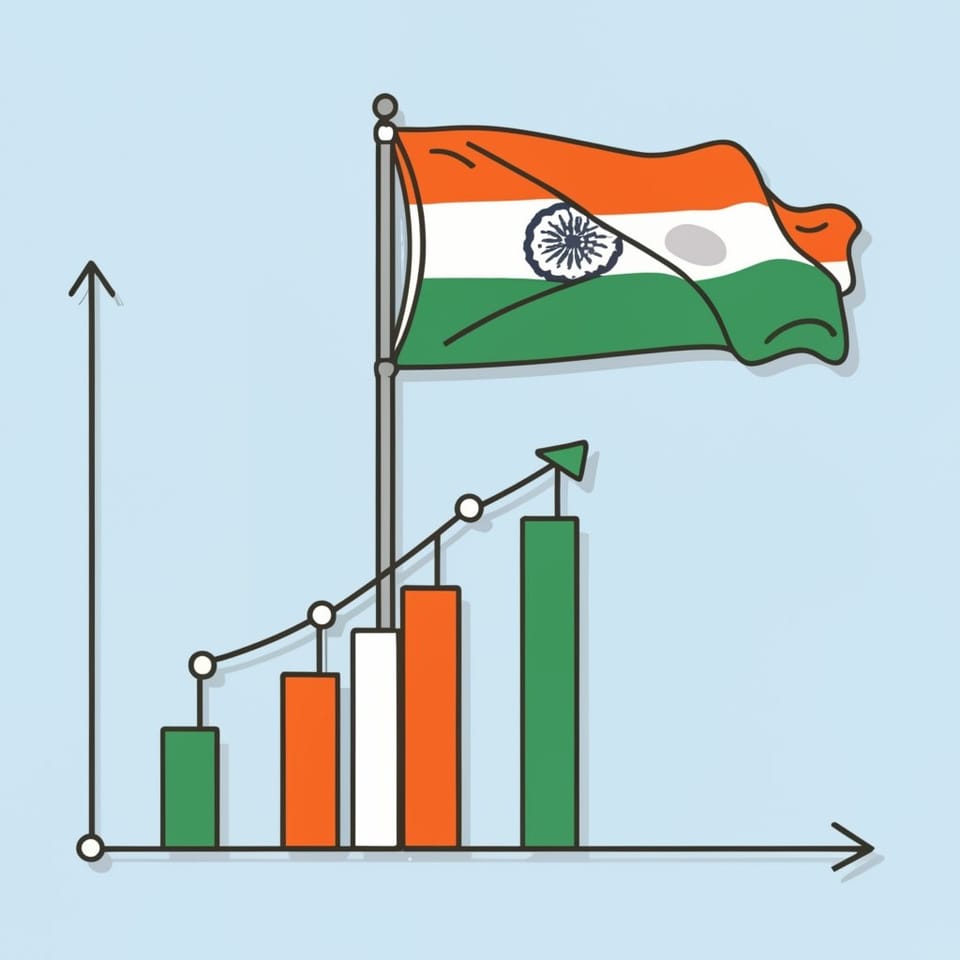
Some of us are not interested in retiring.
But pausing our investments in our retirement corpus is still not an option.
The catch is to find something you enjoy doing until you die. But the question is beyond just work. What if you have no intention to stop being productive?
A study by Ipsos, a global market research firm, tells us that Indians are the most engaged & satisfied with their work.

Imagine this, you're 25. You focus on taking care of your health, have no inhibitions, choose to do activities you enjoy and work a job you're good at. I'm not saying you accomplish all this in a year. Maybe 5 or even 10 years later.
By the time you reach the age of retirement, you're healthy, wealthy and wise. Why would you feel like stopping then?
Now between the 'healthy' & 'wise', there was the 'wealthy'. You're not going to get there just by saving your earnings. Long-term wealth creation is still the smarter way to go.
The retirement age is increasing globally
The Economic Survey 2018-19 floated the idea of increasing the retirement age. The survey said, given that life expectancy for both males and females in India is likely to continue rising, increasing the retirement age for both men and women going forward could be considered in line with the experience of other countries.
Globally too, countries are mulling or have already raised retirement ages as a convenient and logical measure to cope with an ageing population.

Are we going to live longer in the future?
During the nineteenth and early twentieth centuries, an increase in life expectancy was driven mainly by improvements in sanitation, housing, and education, causing a steady decline in early and mid-life mortality, which was chiefly due to infections.
This trend continued with the development of vaccines and then antibiotics. By the latter half of the twentieth century, there was little room for further reduction in early and mid-life mortality. The continuing increase is due almost entirely to a new phenomenon: the decline in late-life mortality.
India's population is projected to be 1.7 billion in 2050 with a maximum number of people in the working age group of 15 to 64 years and an average life expectancy at 80+ years.
Enjoy the luxuries of the future
There's a lot to look forward to in the 2050s. If you're healthy, wealthy and wise in your 60s-70s, you can enjoy the fruits of technological advancements.
According to Business Insider, Space tourism could be feasible in 2050, but likely only for the very wealthy. Rocket companies like Jeff Bezo’s Blue Origin and Elon Musk’s SpaceX will push the envelope with space travel enough that tourism will be feasible in the year 2050.
Elon Musk says he is “confident” moving to Mars will “one day” cost less than $500,000 and “maybe even” cost below $100,000.
The metaverse will be an exciting luxury to revel in as well. But the salary you're earning in your 60s may not be enough for you to afford these things. That's why investing long-term has huge benefits.
An SIP of ₹10,000 continued for 40 years growing at 15% p.a. will reach an investment value of ~30 Crores.
Why you should invest in your retirement corpus.
- You pay lesser tax as you’re not selling often, given you invest in tax-saving schemes.
- You get the complete advantage of compounding.
- You can enjoy what life has to offer during your life post-40s.
At Stack, we grow your wealth like it's ours. Invest like the top 1% with 👉 expert-built diversified portfolios





